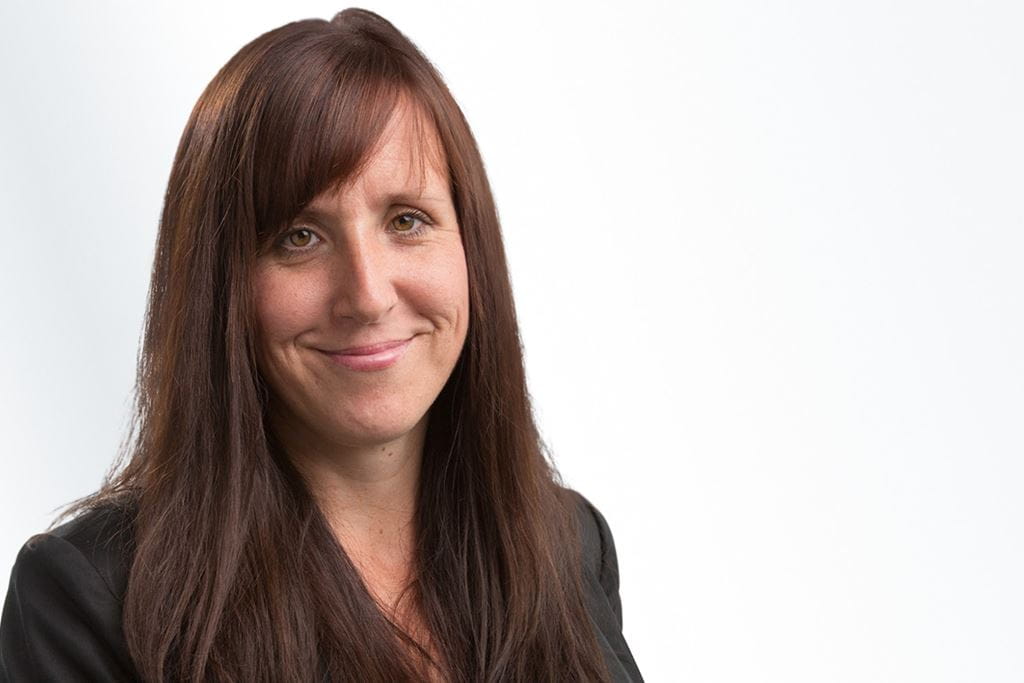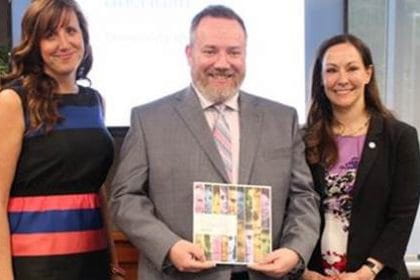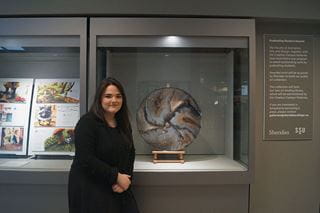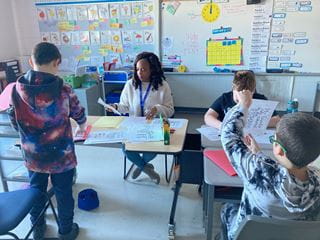
Playing the hand you're dealt
 by Keiko Kataoka – Dec 21, 2016
by Keiko Kataoka – Dec 21, 2016 Pass GO, but do not collect $200. It’s a rule of ‘stratification Monopoly’ – a modified version of the classic board game – and applies only to people who are assigned to play as members of the ‘lower or working classes’. This game is one that that Sheridan Sociology Professor Dr. Sara Cumming will have her students play in a Dimensions of Inequality course she designed, which starts in January 2017. Each player starts out with a different amount of money from the bank and faces varied rules for purchasing property and getting out of jail as they round the board. Monopoly can be challenging enough when played conventionally, so imagine the frustration when the rules aren’t equitable.
The inspiration for creating a course to “get students seeing society from different perspectives” comes, in part, from Dr. Cumming’s own life experiences. Born to a 16-year-old mother who became a lone parent and relied on social assistance, Dr. Cumming recalls from an early age the challenges and stigma that came with life on welfare. “We were physically isolated because we couldn’t afford a car and were far from transportation,” she says. “And you feel socially isolated when your friends aren’t allowed to hang out at your house because your mom is a young, single parent.”
Dr. Cumming’s upbringing directly influenced her academic interests. Since her undergrad, she has been focused on issues faced by lone mothers, and her published work explores the areas of gender, families, social policy and inequality. With a Wilfrid Laurier University colleague, Lea Caragata, she led a longitudinal study with funding from the Social Sciences and Humanities Research Council (SSHRC) examining the effectiveness of provincial social assistance programs to help lone mothers with employment and ideas to improve them. With a Human Resources and Skills Development Canada (HRSDC) grant she explored lone-mother resiliency – or the extent to which women are able to provide for and support their families after hardship, which oftentimes includes domestic abuse.
“I decided that if I want my students to be motivated by their own experiences then I should be upfront about mine. If we acknowledge the differences we bring to the classroom then we can better open ourselves to new perspectives.” – Dr. Sara Cumming
Although the ways in which Dr. Cumming’s personal experiences have intersected with her professional work is something understood by those around her now, there were many years during which she didn’t share her story. “My background differs from most of my teaching colleagues – the experience of higher education wasn’t something passed down to me generationally,” she says. “But I decided that if I want my students to be motivated by their own experiences then I should be upfront about mine. If we acknowledge the differences that we bring to the classroom then we can better open ourselves to new perspectives.”
That philosophy also informs her latest research. Dr. Cumming is collaborating with Sheridan Professor of Creativity, Dr. Michael McNamara, and the Oakville Community Foundation to find meaningful, actionable solutions on issues related to wraparound services, affordable housing, food security, and the equity gap. The research project, called The Community Ideas Factory, was awarded a $175,000 SSHRC grant. Dr. Cumming is gathering and analyzing data in focus groups aided by two Sheridan student research assistants that’s then used to find solutions in a Creative Problem Solving (CPS) workshop. Dr. McNamara is leading the workshop with the help of 10 Sheridan students who have studied CPS facilitation.

This is the first time Sheridan has used CPS in partnership with an external social agency to address societal issues. “The interdisciplinary approach is important,” says Dr. Cumming. “It allows for all of the players – social agencies, academics and the clients who are actually accessing services – to be at the table, network, and identify the issues and gaps in service.” Through the CPS sessions, participants will develop tangible ideas for projects that can be implemented in Halton Region to improve the lives of the disadvantaged.
Creativity studies and social sciences research may not seem like an obvious pairing but finding new ways to engage stakeholders – students, colleagues or community organizations alike – has been a hallmark of Dr. Cumming’s career. And that will continue to be significant in her new course; she’s already arranged for students to complete mandatory volunteer hours at local, underserviced soup kitchens and shelters. “Hands-on activities in class are one way to learn about the dimensions of inequality,” she says. “But being engaged in our communities is an important part of understanding need, and only then can we work toward change.”
Pictured at top of page: Sheridan Professor Dr. Sara Cumming
Written by: Keiko Kataoka, Manager, Communications and Public Relations at Sheridan.
Media Contact
For media inquiries, contact Sheridan’s Communications and Public Relations team.





